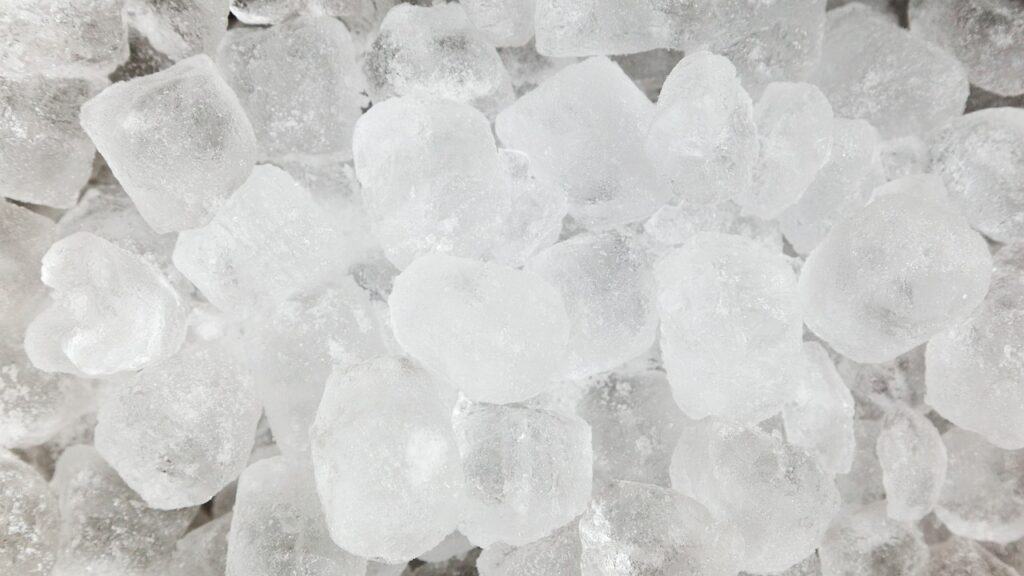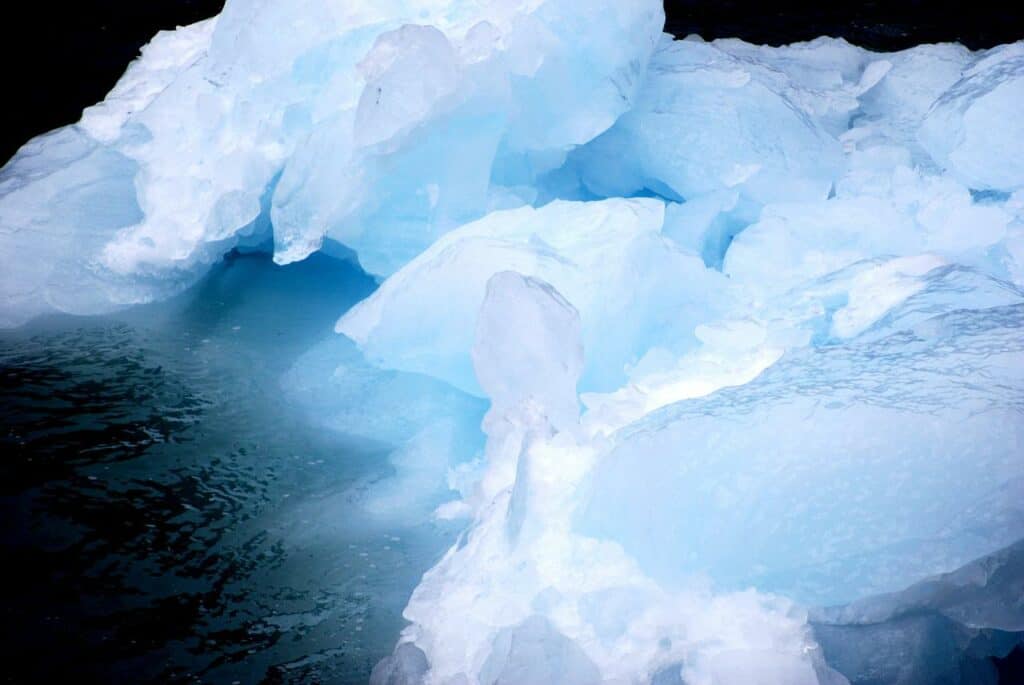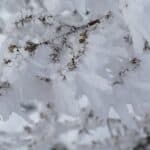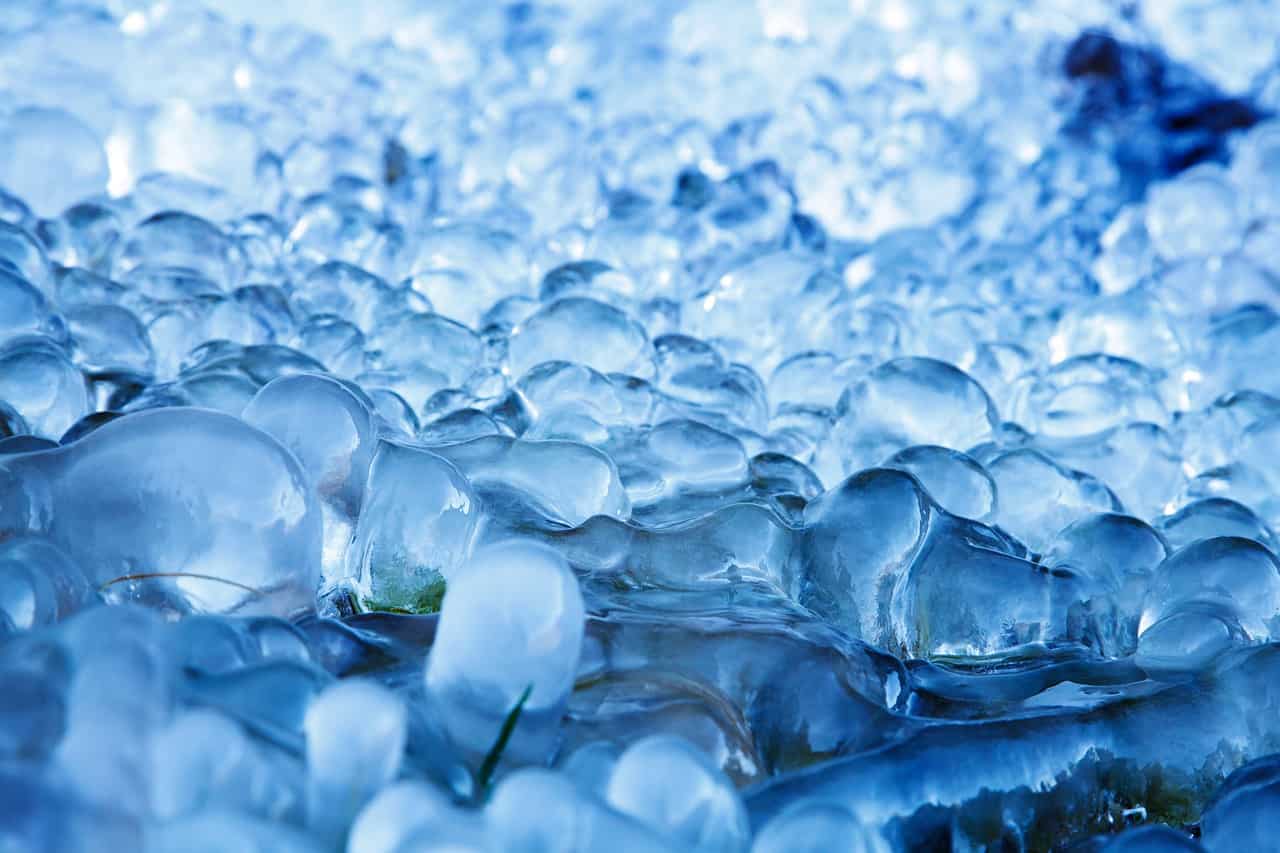Every moment and every day, we experience changes in our environment. Some of these changes are visible, while others cannot be seen with our naked eyes. It is essential to understand what constitutes the change to determine whether it is a chemical or a physical change.
Water exists in different forms, which we have all experienced in our households. Ice cubes are formed when water freezes or its temperature falls below zero degrees Celsius. But what change occurs when liquid water becomes solid? Is there any chemical change?
A chemical change or reaction results in forming one or more new substances. For instance, when water reacts with iron, rust is formed. Basically, this is a chemical reaction that results in the formation of a different product.
Freezing water is not a chemical change since there is no formation of a new product—frozen water is ice. Water is formed when heat is applied to the ice. Therefore, freezing water is a phase change and not a chemical reaction.

Is Freezing Water A Chemical Change?
Chemical change or reaction occurs when two or more chemicals bond together to form a new product. The reaction occurs on a molecular level where the atoms interact and react to create new products with different chemical compositions.
The substance involved in these chemical reactions loses its initial properties to form a new product.
Based on this, it is clear that freezing water is not a chemical change. Although liquid water loses its form during ice formation, its original properties are not changed. The initial water will be recovered if the ice is allowed to melt.
Some features can guide you to determine a chemical change. When a chemical reaction occurs, some form of energy is often consumed or ejected. Also, you may notice a gas formation or a color change in some reactions.
In the case of freezing water, a color change or gas formation is not observable. Also, there is no indication of energy being dissipated or consumed. Therefore, freezing water is a physical change and not a chemical change.
Chemical changes cannot be reversed easily. You will need to employ complicated chemical mechanisms to regain the formation of the initial substance that has already undergone a chemical reaction. We can easily convert frozen water to liquid water, meaning it’s a physical change.
Is Freezing Water A Physical Change?
Everything in the universe undergoes some form of change. Most changes are not visible, but all things are chemically or physically in constant flux.
Physical properties are often observable, and a substance can change its form to another. Primarily, a physical change will involve a substance changing its state, size, and color.
A physical change occurs when liquid water is put in a jar and placed in the freezer. The liquid water starts to form crystals which continue to create ice cubes. With time the liquid water will have transformed into a solid substance. The liquid is no longer visible.
Notice that during the freezing process, there is no formation of a new substance. Ice is a different form of water. Also, there is no noticeable energy dissipation or consumption—the liquid changes from one state to another.
When the jar is removed from the freezer and put at room temperature, the ice rock disintegrates to form a liquid substance. The change is observable through our naked eyes. After a while, depending on the room temperature, all the ice will melt to its original liquid form.
Therefore, freezing water is a physical change since other products are not formed. It is a simple experiment that you can try at home. It is fascinating to observe water changing from liquid to solid form and vice versa.
Is Freezing Water Endothermic Or Exothermic?
When a reaction occurs, heat is either released or absorbed. A reaction that leads to heat release to the surroundings is referred to as an exothermic reaction. In an endothermic reaction, heat is absorbed.
When liquid water is placed in a freezer, it immediately drops its temperatures. Below zero degrees, ice starts to form, and with time a solid substance will be visible. When the water is freezing and changing its form, it loses its heat to the environment. Therefore, freezing is an exothermic process.
Water contains tiny hydrogen and oxygen molecules. The molecules are in motion and therefore possess some energy. When the water is put in a freezer, the molecules lose their energy and slowly come together to form ice.
The energy is lost in the form of heat to the surroundings, which makes freezing an exothermic reaction.
To develop a better understanding about endothermic and exothermic reactions, watch this video:
Is Boiling Water A Chemical Change?
Almost every day, we boil water for personal usage in our homes. When water is heated above 100 degrees Celsius, it comes to a boil. The evaporation of water begins once the boiling point is reached. Due to the heat, the molecules bombard quickly, which is why boiling water bubbles up.
As stated, a chemical reaction occurs when the final product has a different chemical composition from the initial substance. In this case, liquid water boils and evaporates in gaseous form.
If we condense the gas, water will be formed. Therefore, boiling water constitutes a physical change since no new substance is formed.
The water only changes from one form to another. The vapor formed, if tested, will have the same chemical structure as that of water. Also, the process is easily reversible through condensation processes.
Is Melting A Chemical Change?

When you take ice cubes from the freezer, they immediately start melting. The melting occurs due to a temperature change. Water starts melting at temperatures above zero degrees. It is an endothermic process that leads to the formation of water.
Melting ice does not involve any chemical reaction. It is only water changing from solid to liquid form. Notably, the only visible characteristic is the change in shape and form.
Therefore, melting water is a physical change since the final substance has the same molecular composition as the initial one.
It can be noted that all states of water involve a physical change. Water has three physical states: solid, liquid, and gas. Changing one state to the other is simple since the process at every level is reversible.
In Conclusion
A chemical process involves a reaction that results in the formation of a new product. Chemical reactions are vital in our existence since most products used daily are made through this process.
On the other hand, physical reactions result in a final product with the same chemical properties as the initial product.
A perfect example of a physical reaction is when water changes from one state to another. The final product in all forms has the molecular composition of water.





